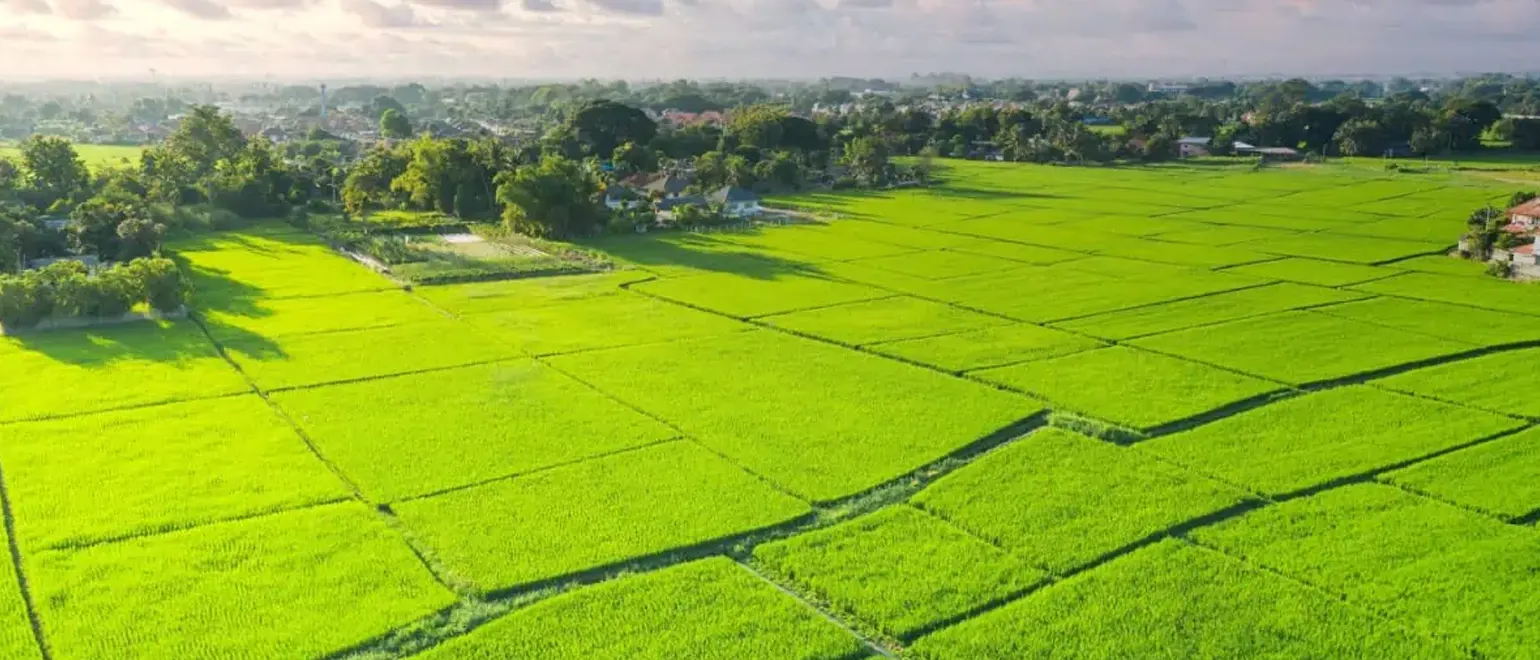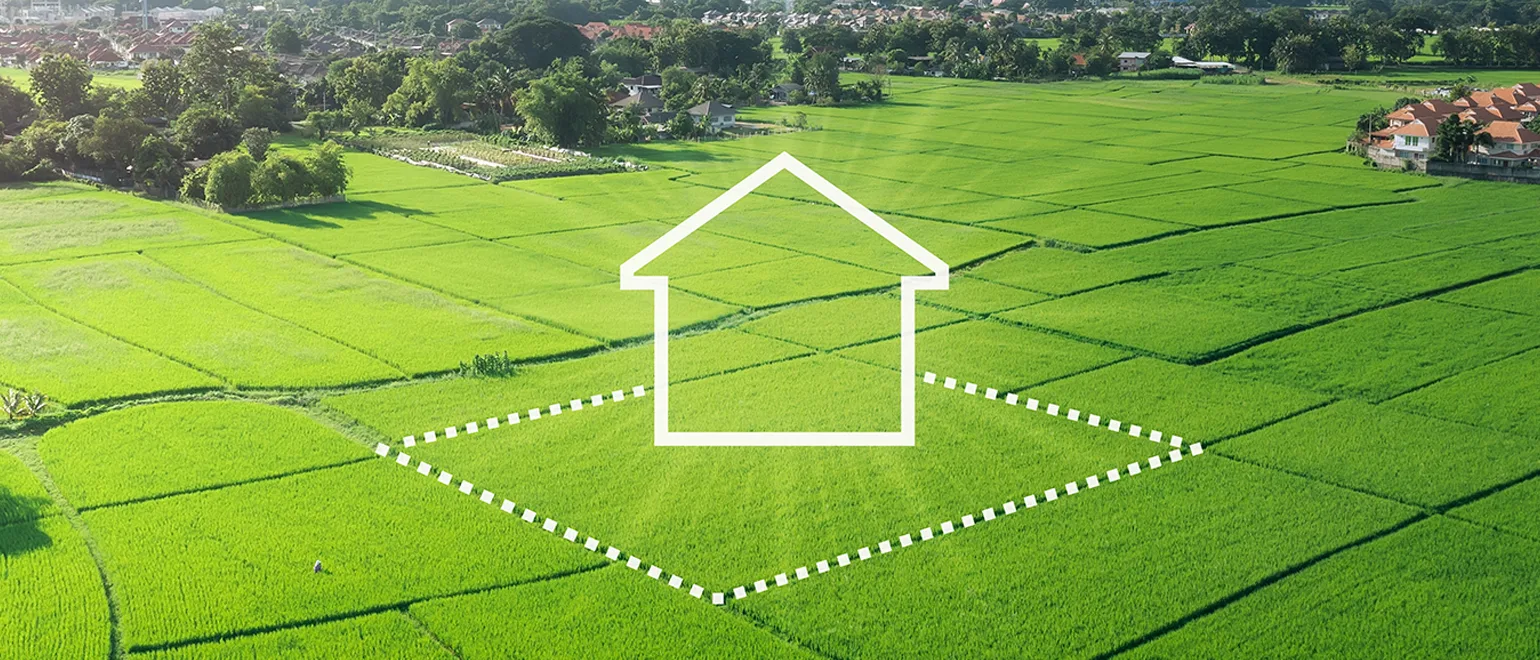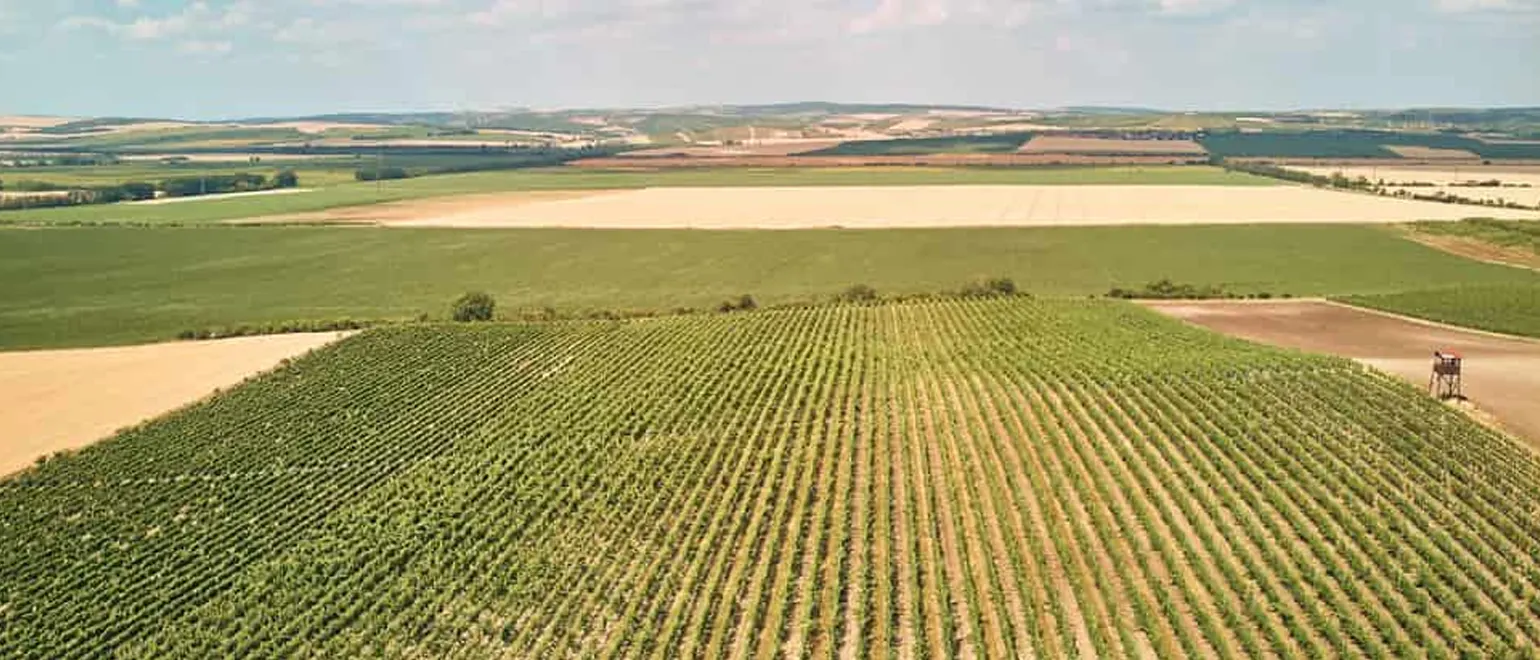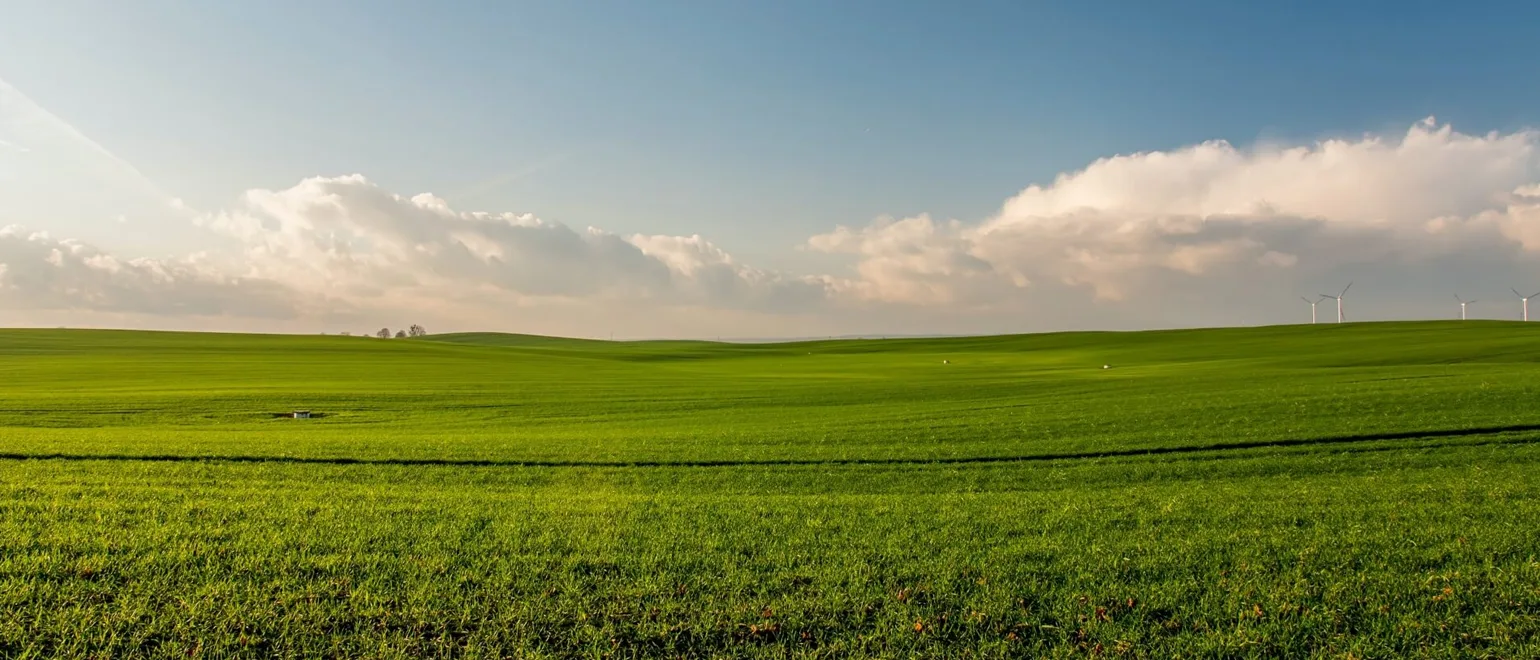
Whether you’re looking to diversify your portfolio, hedge against inflation, or secure a tangible asset for the future, raw land investing can be a smart move when approached with careful planning and insight.
In this blog, we’ll explore why raw land is gaining traction, its core benefits and potential challenges, and the key factors you should consider before purchasing undeveloped property.
Why Raw Land Investing Is Gaining Popularity

In times of economic uncertainty, many investors seek stability by diversifying their portfolios beyond traditional markets. One increasingly popular option is raw land investing. Unlike other forms of real estate, raw land offers simplicity, long-term growth potential, and tangible ownership.
For those looking to invest in something you can see, touch, and develop over time, raw land presents a unique opportunity.
Key Benefits of Raw Land Investing
Here are the main advantages that make raw land an appealing option for many investors:
Minimal Management
Hard Asset Ownership
Scarcity Equals Value
Long-Term Appreciation
Inflation Hedge
Challenges of Raw Land Investing

Illiquidity
Raw land can be a relatively illiquid asset. Selling at a desirable price may take time, especially in slow markets. Investors must be prepared for a longer holding period and should avoid counting on quick returns.
Lack of Immediate Cash Flow
Government Restrictions
Limited Tax Benefits
Financing Difficulties
Factors to Consider Before Buying Raw Land

- Location: Is the property in the path of future growth or development?
- Soil & Topography: What is the condition of the land and its suitability for the intended use?
- Utilities & Infrastructure: Are utilities available, and what will it cost to connect them?
- Zoning & Permits: Is the land zoned appropriately for your goals, and what development approvals are needed?
- Market Timing: Will the market conditions support future development or resale?
- City Planning: How does the land fit into the local municipality’s long-term plans?
- Easements & Restrictions: Are there any encumbrances or water rights issues that could affect value?
- Exit Strategy: Do you plan to develop the land yourself, hold it long-term, or sell when conditions are favorable?
A thorough due diligence process is essential to mitigate risks and maximize potential returns.
LandLeader: The Land Marketing Platform
When it comes to marketing raw land, having a platform that specializes in this niche can make all the difference. A focused land marketing platform provides tailored exposure, expert knowledge, and tools designed specifically for landowners and buyers. Whether you’re listing a parcel or searching for the perfect property, using a platform that understands the intricacies of raw land investing ensures a smoother, more informed experience.
Final Thoughts
Raw land investing offers a unique blend of simplicity, security, and long-term upside. While it may not suit every investor—particularly those seeking immediate cash flow—it can be a powerful asset in a diversified portfolio. Like any investment, success comes from understanding the market, conducting thorough research, and aligning the property with your financial goals.
For investors with patience, vision, and a strategic approach, raw land can be a valuable addition to their long-term wealth-building plan.